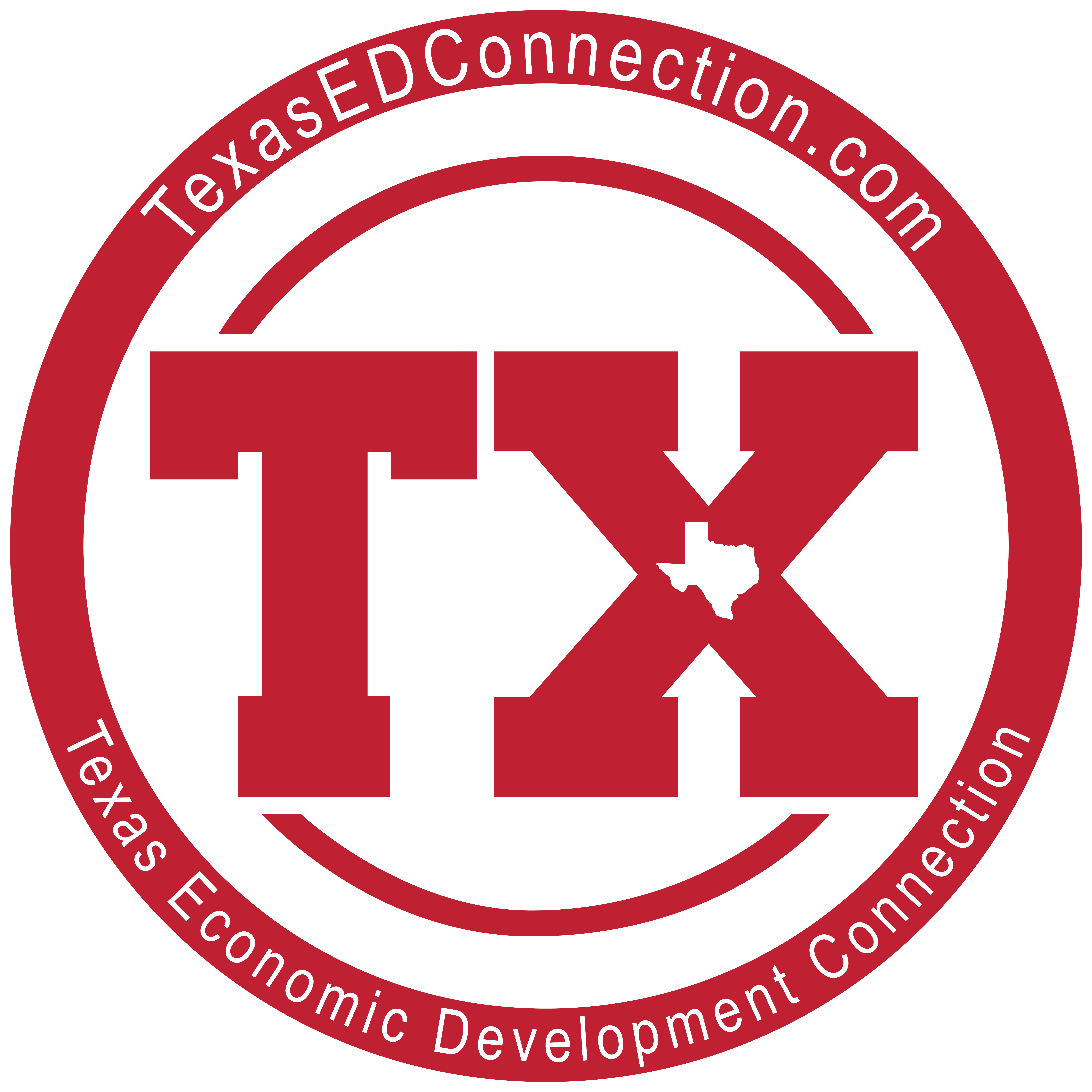The state of business growth in Texas is remarkable. The great state of Texas has a unique makeup of many different industries that continue to evolve. These industries—which offer many opportunities for jobs, innovation, and development—include: manufacturing in advanced technologies, aerospace, aviation, and defense, biotech and life sciences, energy, information technology, petroleum, and even creative industries like TV, film, music, and video game production. There’s still room for more growth in Texas, and there are many more great reasons to relocate or expand your business to the Lone Star State. Read on to learn 5 surprising incentives to move a business to Texas.
A bold enterprise. The Texas Enterprise Fund (TEF) is a business incentive that awards deal-closing grants to a variety of companies in Texas. Some industries with companies that have received benefits from the fund so far include sectors such as IT, banking, energy, manufacturing, construction, and higher ed. Through TEF, companies that are considering a new project in Texas can earn grant money to help fund them. The fund serves as a performance-based financial incentive for projects that would contribute capital investment and new employment opportunities to the Texas economy. Note that the projected new job creation amount needs to exceed 75 full-time positions in urban areas or 25 full-time jobs in rural areas. It is also a key part of TEF that the projects are supported by the local city, county, or school district, and the average wages for new jobs must meet or exceed the average county wage.
A strong, skilled workforce. The workforce in Texas is expected to continue to grow throughout this decade. The state’s growing population, strong economy, and business-friendly climate all help to drive this growth. The Texas workforce is known for its well-developed skills, and the state aims to help ensure that the growing workforce is well prepared for the Texas jobs of the future. That said, Texas has implemented the Skills Development Fund, an innovative program that was formed in order to assist public community and technical colleges in Texas to finance customized job training for local businesses. This fund has been around since 1995, and grants are given to help companies and labor unions to form partnerships with local community colleges and technical schools. The funding helps to provide custom job training; the benefits of having a specially trained workforce is invaluable.
A fund dedicated to small business success. The Product Development and Small Business Incubator Fund (PDSBI) is focused on helping companies through long-term, asset-backed loans. Loans are to help finance developing and producing new or improved products or to stimulate a new or existing small business. Businesses that wish to apply for this fund need to have three years of operating history. The PDSBI encourages businesses and non-profits in sectors such as biotech, nanotechnology, renewables, agriculture, aerospace, and semiconductors to apply for the fund.
A land of opportunity. In 2017, the Opportunity Zone Program was created to help inspire economic development and job creation. The focus of this program is to spur that growth in distressed communities. Opportunity zones often face chronic unemployment and/or economic disruptors. This program offers incentives such as capital gains tax abatement for those who invest eligible capital in Qualified Opportunity Zone assets. The Texas government has aimed to encourage this growth in 2018 by nominating 628 census tracts (out of Texas’s 5265 census tracts) as Opportunity Zones. Moving a business to Texas can do good and spur growth in some of the state’s underserved communities. Like the Opportunity Zones, the Texas Enterprise Zone Program is an economic development tool for local communities to partner with the state to promote both private investment and job creation with the goal of assisting economically distressed areas of the state.
Capital gains. The Original Capital Access Program is a partnership between Texas and certain non-profit lenders; it is aimed at increasing the access to financing for small and medium-sized businesses and non-profits. If your business faces some difficulties or eligibility issues with conventional lending, this program can help to facilitate loans through non-profit lenders. Loans from this program may be used for working capital or the purchase, construction, or lease of capital assets like buildings and equipment. The application for this program is directly through the lenders.
Making connections is key. If you’re a business owner considering a move to Texas, know that the Texas Economic Development Connection can offer you all kinds of opportunities to connect with economic developers from all over Texas. They can help you find just the right location for your new business in the Lone Star State and can help identify incentives to move a business to Texas. Check out the Relocation Planning Tool online, or reach out to the Texas Economic Development Connection to learn more.



